Foundry, the operator of the world’s largest BTC block reward mining pool, has laid off over a quarter of its workforce as miners continue to struggle with revenue despite the ongoing bull market.
Foundry, wholly owned by the Digital Currency Group (DCG), slashed its workforce by 27%, from 274 employees to 200. CEO Mike Coyler revealed that the layoffs most impacted the company’s American operations, where 44 employees were let go; Indian workers were also impacted.
The layoffs are part of a “strategic decision to focus Foundry on our core business—operating the number-one BTC mining pool in the world and growing our site operations business,” the company said in a statement.
They come just days after the company moved 20 staff members from its mining business to Yuma, a new decentralized artificial intelligence (AI) startup spun off from its parent company, DCG. Yuma launched in November to push AI development on the DCG-controlled Bittensor network, and Barry Silbert is the current acting CEO.
“As part of this realignment, we made the difficult decision to reduce Foundry’s workforce, resulting in layoffs across multiple teams. We’re grateful for the contributions of all our employees, including those impacted by these changes,” the company’s statement read.
Founded in 2017, Foundry has grown to dominate the BTC block reward mining space. Its mining pool accounts for a third of BTC’s hashrate and has been favored by the largest BTC miners, especially from Canada and the United States. Combined with AntPool, they control over half of the hashrate.
It also conducts self-mining, and according to a DCQ Q3 letter to shareholders, this line of business is on pace to generate $80 million this year. The letter also revealed that DCG intends to spin out this self-mining line as a standalone business.
However, despite a bull market kicked off by Donald Trump’s election victory and expected positive regulations under his administration, BTC miners are still struggling. A CoinShares report in October revealed that the mining costs have continued to rise post-halving, forcing miners to cut costs, pivot to AI or merge with rivals.
Most miners have historically relied on issuing new shares or taking up massive loans to remain in business. This backfired on several miners, and some, like Core Scientific (NASDAQ: CORZ), were pushed to bankruptcy. Additionally, banks are no longer as willing to lend to miners as they were after the 2022 contagion and the ensuing collapses and bankruptcies.
Hive Digital, MARA expand
While most of their peers struggle, two of the listed BTC miners, Hive Digital (TSXV: HIVE | OTCQX: HVBTF | FSE: HBF) and MARA Holdings (NASDAQ: MARA), are expanding their operations.
Hive is betting big on South America and recently invested $60 million in its operations in Paraguay. The Canadian firm used the funds to purchase over 13,000 Bitmain Antminer S21+ Hydros mining machines, which it says will deliver 4.3 EH/s. It also struck a deal with Bitmain to buy a similar number of miners within the next year at a predetermined price.
Hive first expanded to Paraguay in July, making it the company’s fourth country of operations. In November, the firm purchased 6,500 ASICs from Canaan, which are to be fully delivered and installed by March next year in the Latin American nation.
Executive chairman Frank Holmes says the company selected Paraguay for its cheap renewable energy. For miners, electricity takes up to 70% of the overall costs.
Elsewhere, American miner MARA has purchased a Texas wind farm, which it will use to power its outdated ASIC miners.
MARA, formerly known as Marathon Digital, bought the wind farm for an undisclosed sum from British utility company National Grid, its filings with the U.S. Federal Energy Regulatory Commission show. The farm generates 114 MW of electricity, which MARA will use to mine BTC only when the wind is blowing. The company will only use the facility to power its outdated miners, which would have otherwise been retired.
“By repurposing machines and energizing them with 100% renewable, zero-marginal energy cost, we’re leveraging renewable resources that would have otherwise been curtailed,” said CEO Fred Thiel.
The project is part of a new company initiative called the Advanced ASIC Retirement Initiative, which involves repurposing miners that would have been written off and extending their lifespans.
“The program is expected to not only extend the life of the miners beyond their previous economic lives with zero-marginal energy cost but also enhance MARA’s return on capital employed while reducing our operating costs and mitigating shareholder dilution,” commented Salma Khan, MARA’s CFO.
Watch: Untangling Bitcoin mining on the CoinGeek Weekly Livestream
title=”YouTube video player” frameborder=”0″ allow=”accelerometer; autoplay; clipboard-write; encrypted-media; gyroscope; picture-in-picture; web-share” referrerpolicy=”strict-origin-when-cross-origin” allowfullscreen>
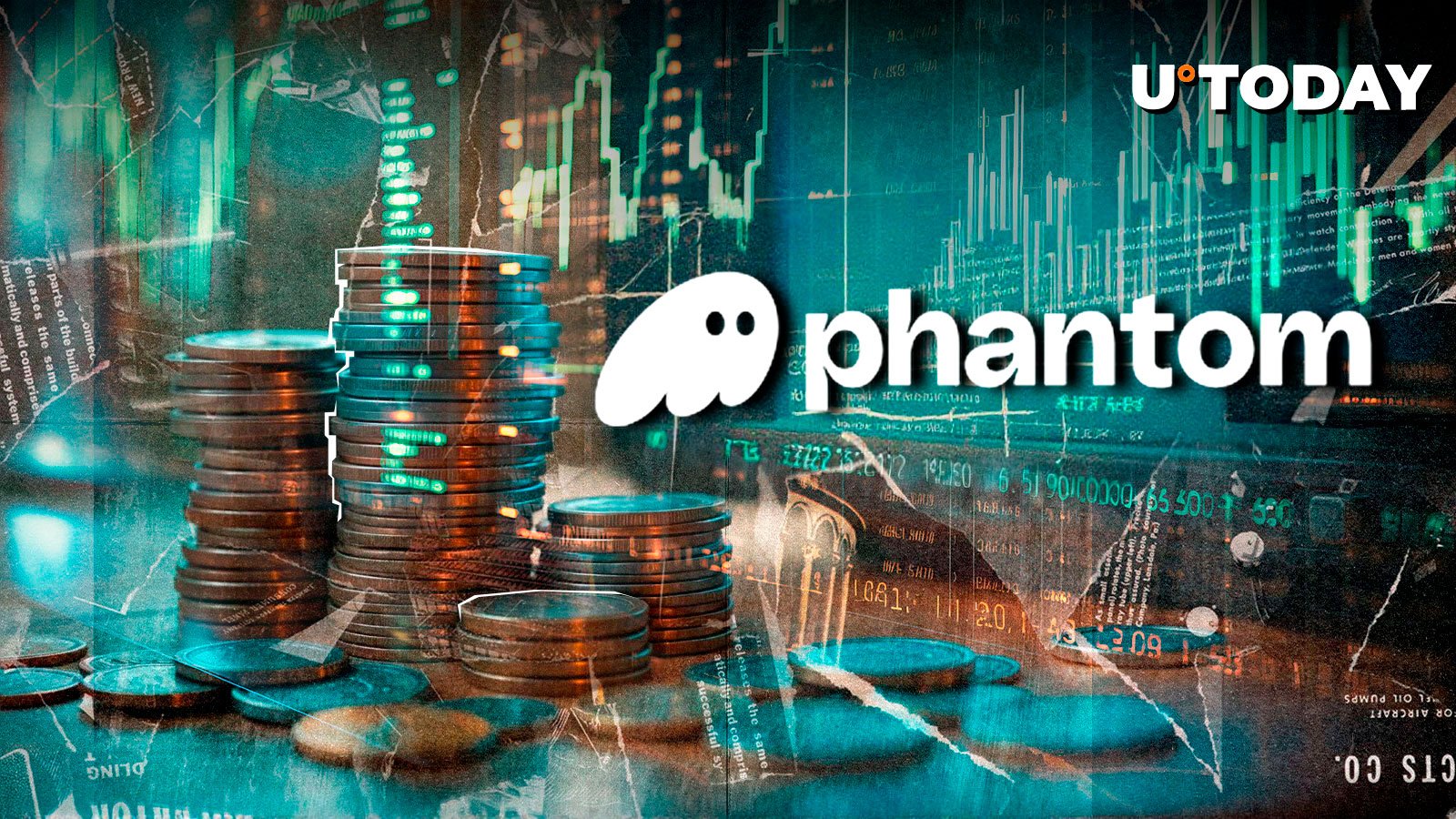
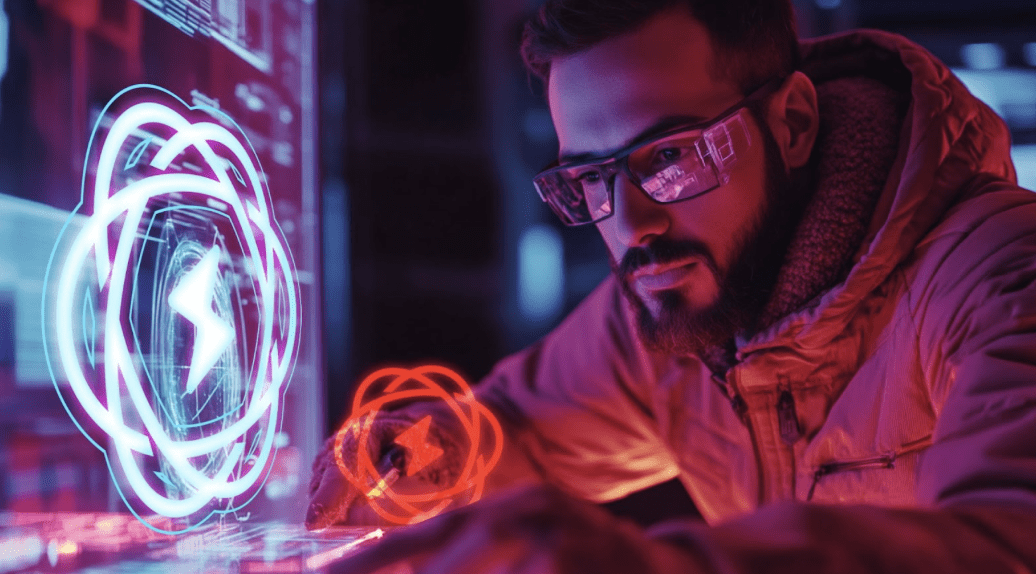
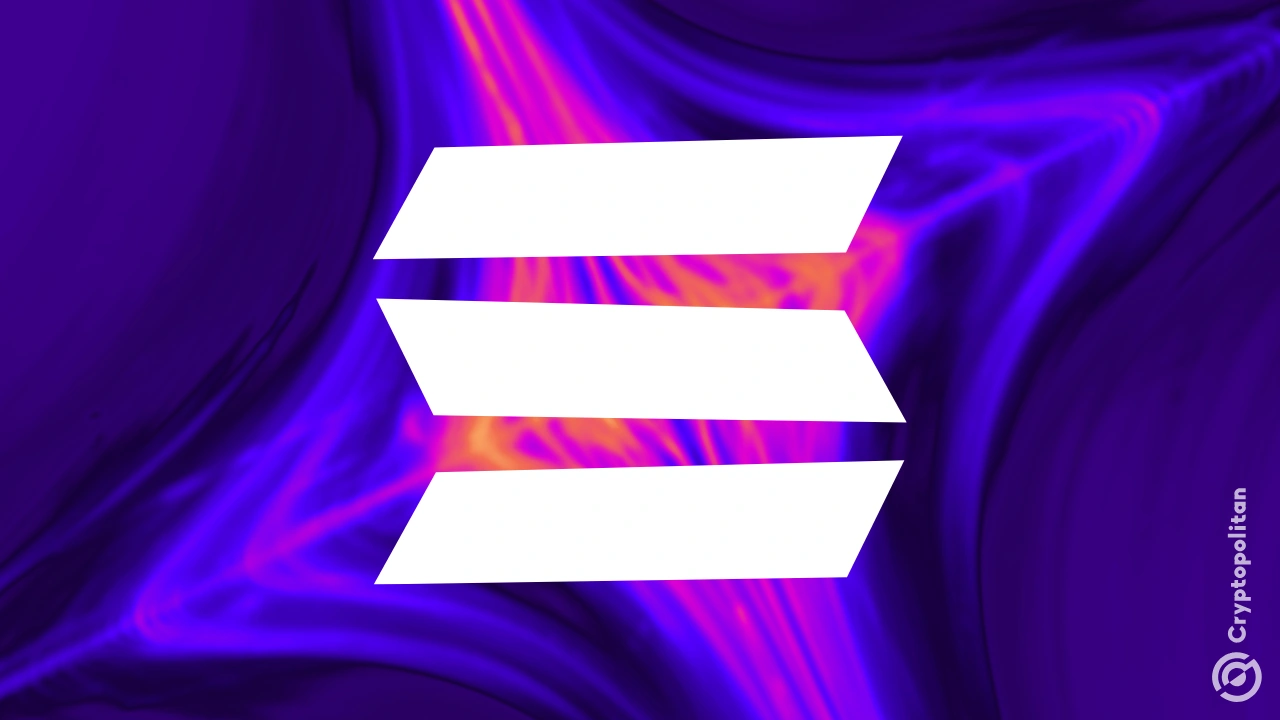


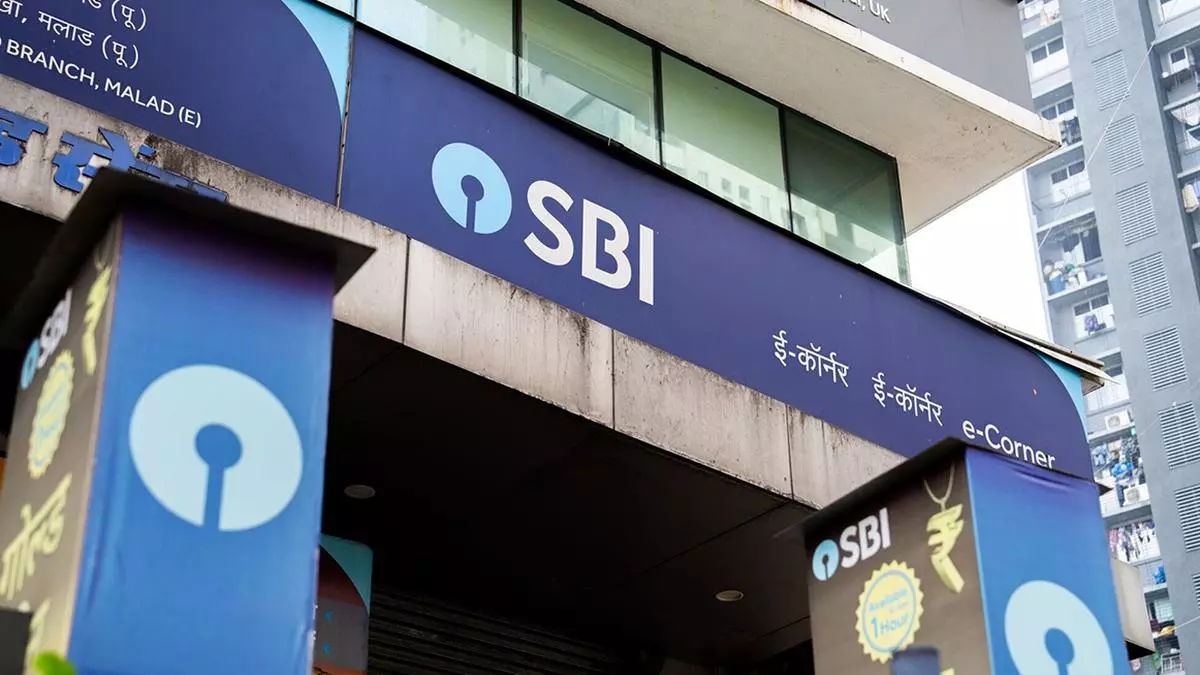
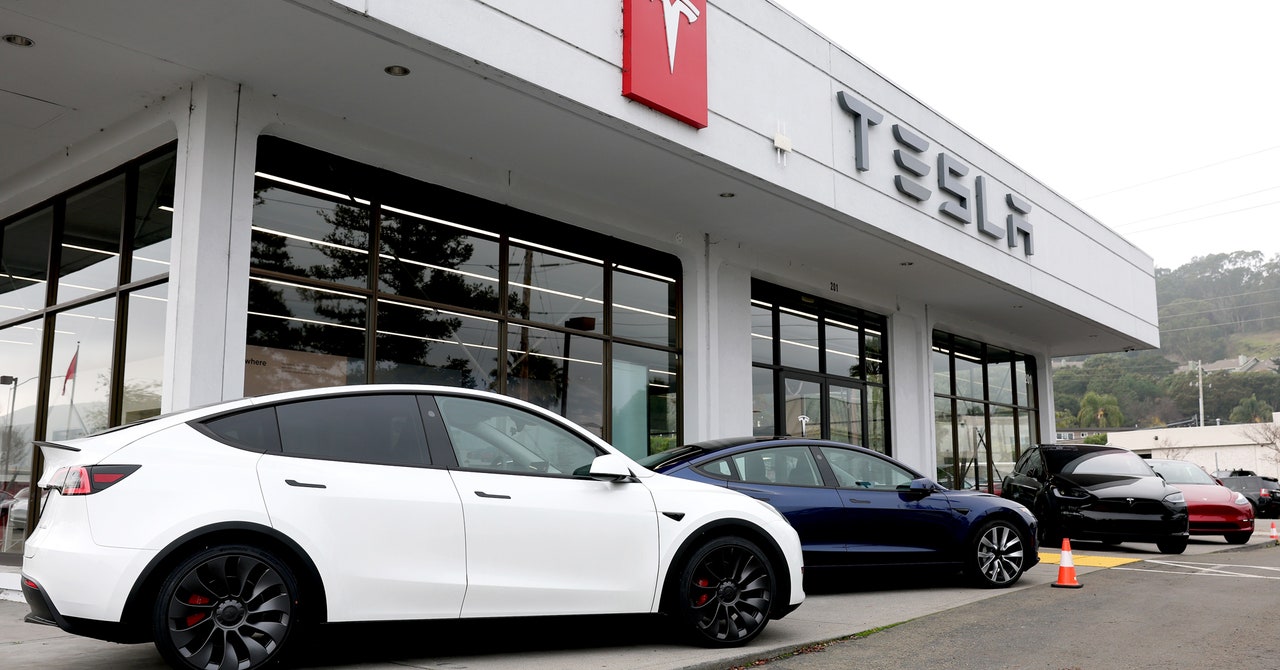


Leave a Comment